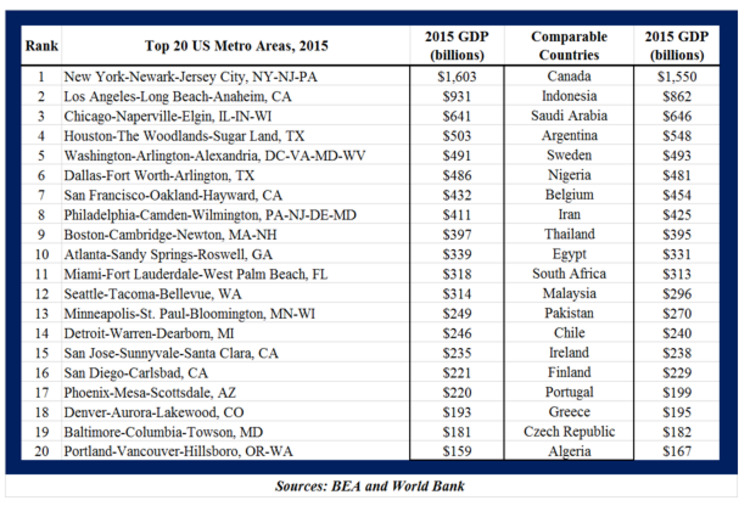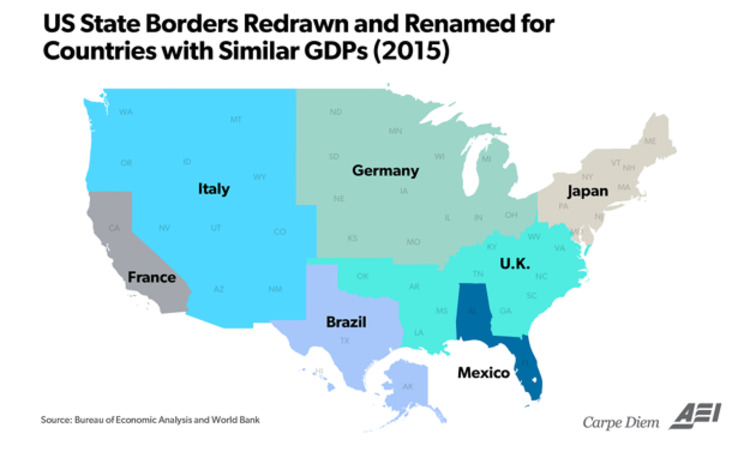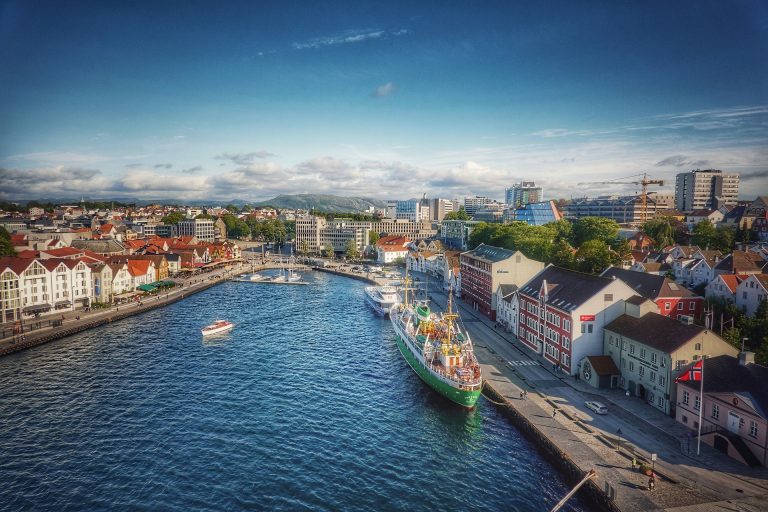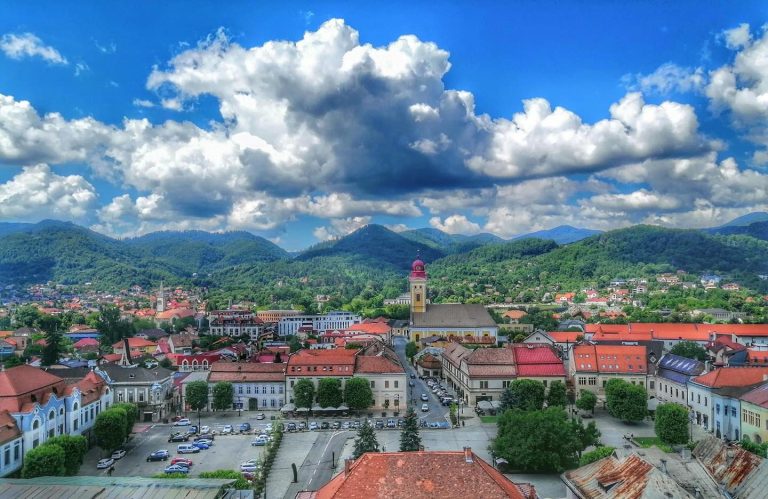Leading the world’s trillion-dollar club economies, the US still has what it takes to be the world’s epicenter of the global economy.
Americans are known for their “adventurous spirit, which distinguishes the commercial character of America,” as Alexander Hamilton, one of the founding fathers of the American nation, described it.
Perhaps this would account for the present formidable size and almost invincible strength of the American economy.
To give you an idea how formidable American economy is, consider the following:
- World’s largest economy by nominal GDP and second largest economy by purchasing power parity;
- The largest trading nation of the world and world’s second largest manufacturer;
- The largest consumer market in the world;
- The US dollar is the currency most used in international transactions, world’s foremost used currency reserve;
- The second highest estimated value of natural resources.
If US cities were countries…
The US remains the largest economy in the world by nominal GDP with US$19.42 trillion. This accounts for 25% of the world’s gross product.
If you are wondering where the GDP of the US are centered on, Mark Perry, economist of the American Enterprise Institute (AEI) has the answer: America’s largest cities.
This interesting fact is consistent with what McKinsey Global Institute (MGI) previously reported back in 2012 that the top 600 global urban centers (based on GDP) account for more than half of the world’s GDP.
MGI further predicted that in the next 15 years, the 259 largest US cities are projected to contribute to more than 10 percent of global GDP growth.
Not surprisingly, these cities are claimed to have GDPs larger than most countries in the world.
This like an exaggeration. But few people are aware that America’s 19 largest metro economies, if taken individually as nations, will all find spots in the world’s top 50 largest economies.
Here is another equally astonishing fact: all American cities taken together contribute more to global GDP than the rest of the world’s cities combined.

Perry of AEI explained further that if major US cities were to be treated individually as countries, here is what they would look like:
- New York City ($1.6 trillion) has an economy larger than Canada’s. Treated separately as a nation, it would be the world’s 10th largest economy, after Brazil. New York city’s economy beats the economies of South Korea, Russia, Australia and Spain.
- Los Angeles ($900 billion), the second largest city in the US, would be world’s 16th largest economy, comparable to that of Mexico, and roughly equal to that of Indonesia (the world’s 4th most-populated nation).
- Houston‘s GDP is almost equal to that of Argentina; Boston to Thailand; and Miami to South Africa.
- Detroit has an economy bigger than Chile, regarded as Latin America’s strongest and most open economy today.
- The Phoenix metro area has an economy larger than Portugal, an urbanized nation with centuries of history.
US states compared to countries
The US economy is equivalent to the economy of 51 countries.
Look at this map below from the World Economic Forum:

The following similar observations can be made relative to American state economies vis-à-vis economies of other nations:
- California and Texas, the US states with the largest economies, rival France and Canada, respectively.
- North-east states Massachusetts, Pennsylvania, Maine and New York have economies similar to Japan, third largest world’s economy.
- The 12 eastern states of the US (with a collective GDP of US$ 3.35 trillion in 2015) are comparable to Germany, the world’s fourth largest economy and Europe’s biggest economy.
- The economy of the remaining western states ($1.8 trillion) are roughly equivalent to Italy’s.
- In itself, New York’s economy is equivalent to that of South Korea.
To find out more, watch the video below from the World Economic Forum:
The US has been the world’s leading economy for more than 100 years, starting from the 1870s, after it took the title from Great Britain.
As economic power shifts to rapidly emerging regions of the world, the giant economic behemoth that is US may not be able to hold that position for long.
Source: World Economic Forum, Forbes, Big Think, McKinsey Global Institute, City Lab
Photo: Trip Savvy, World Economic Forum, World Bank, Bureau of Economic Analysis
Video: youtube.com







